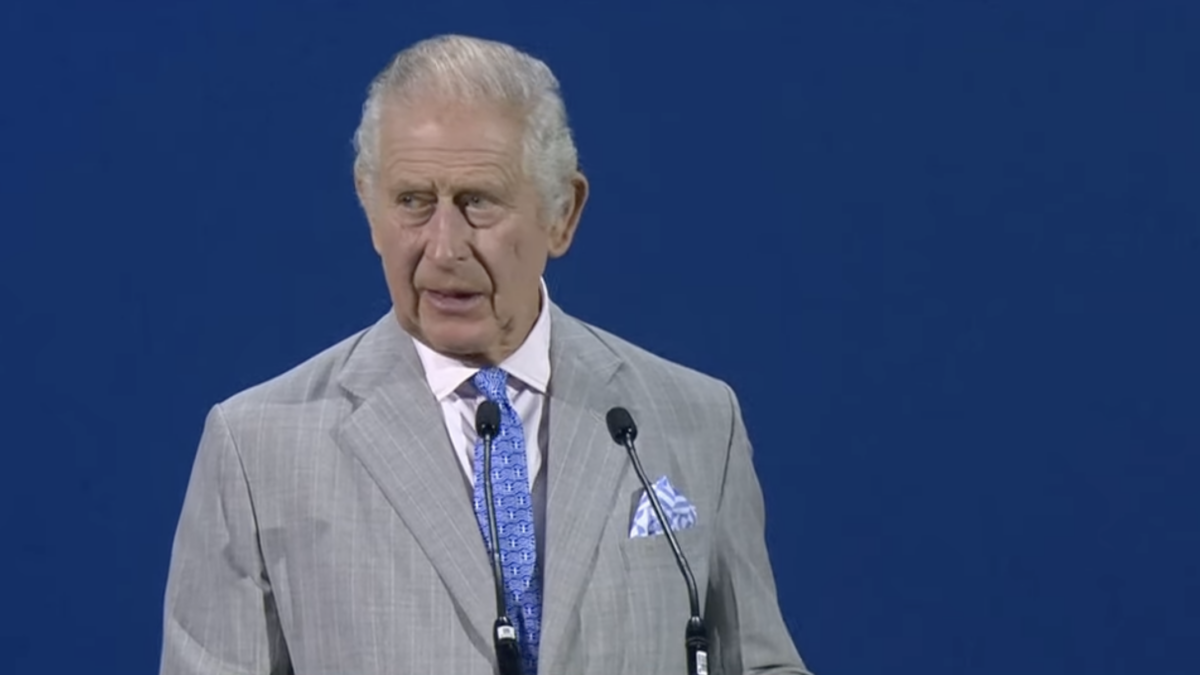
Climate change has a major problem on its hands: the Earth’s average surface temperature has failed to significantly increase in nearly two decades, and all this despite ever-increasing levels of carbon dioxide in the atmosphere.
Unlike the globe, this controversy has been simmering for the past several years. Skeptics have increasingly pointed to the pause as proof they were right all along while the warming faithful’s reaction to the ever-mounting evidence provides a perfect case study in modern psychology’s Five Stages of Loss and Grief.
- Stage 1: Denial. When observers began to sound the alarm on a lack of rising temperatures as predicted by climatologists’ computer models, the climate-change crowd simply refused to acknowledge the data. “The ‘pause’ in global warming is not even a thing,” declared The Guardian.
- Stage 2: Anger. Take Slate’s Phil Plait, for instance: “As I, and many others, have pointed out time and again, all they [those that point to the pause] have is noise. The problem is, they’re loud, and they have convinced some media they have something to say (c’mon CNN, really?) when really they don’t.”
- Stage 3: Bargaining. A popular rebuttal, and one espoused by the Washington Post, held that using 1998 as the beginning date for a supposed “pause” was cherry-picking data. Because ’98 was an El Nino year, it was hotter than most, and therefore an unfair starting point. Or if not that, then the heat was in the oceans. Or whatever.
- Stage 4: Depression. Despite the good news that global warming had stayed steady or even possibly declined, the media could only focus on the idea that 2014 was supposedly the hottest year ever recorded, despite plenty of subjectivity surrounding the data.
As anyone that has struggled with grief knows, however, these emotions are necessary. Only after hitting rock bottom can the healing begin, which brings us to Stage 5: Acceptance.
Has Climate Change Alarmism Hit Rock Bottom?
Now, after a roller coaster of emotions and barrage of media tantrums, it seems the issue is settled, sort of. In a recent paper in the journal Science, a team of researchers actually acknowledges the pause and attempts to explain it. But it’s not just any team—it includes prominent climate-change crusader and plaintiff to right-wing pundits Michael Mann.
Mann’s endorsement of a pause is about as close to acceptance as possible, the theological equivalent of Richard Dawkins saying, “Okay, so maybe there’s a God.” It was Mann that created the infamous “hockey stick” graph so often referenced by the climate-change crowd.
But Mann’s admission comes with a qualifier. Oscillations in the Atlantic and Pacific oceans have created what he conveniently labels a “false pause,” and when it has run its course global warming will accelerate even faster than it never did before. When does this Mad Max-style scenario start? Well no one can say for sure, but it’s coming, just you wait.
Not surprisingly the media was quick to trumpet Mann’s theory, and the impending doom it predicts, rather than any admission of an actual pause.
“The Pause in Global Warming is Finally Explained,” Scientific American assures us; “The global warming slowdown is real—but that’s no reason to question climate science,” sneers the Washington Post; “Scientists now know why global warming has slowed down and it’s not good news for us,” proclaims a recent headline on Quartz.com.
Let’s Accept the Skeptics’ Arguments, But Not Their Conclusion
As is often the case with predicting the climate, however, the certainty proclaimed in the headlines is anything but certain. This isn’t the first time researchers have attempted to explain what they have previously denied. To date, there are more than 52 scientific theories attempting to solve the pause that doesn’t exist, from a lazy sun to trade winds to the wrong types of El Niño’s. But for some reason Mann’s explanation is the one; 53 is apparently the magic number.
Yet Mann’s paper blames the pause on ocean currents that have been simulated in climate models for years. And the “natural variability” that he refers to is exactly what many skeptics have proposed just might be missing. In fact, very qualified researchers have been insisting that the role of the sun—you know, the star that warms the planet—has been vastly understated.
Mann’s paper encapsulates perfectly the issue between skeptics of climate change and the hard-core believers: something in the models is always missing that is later found. What was wrong last time has been corrected, even though last time nothing was wrong. The same models that are considered gospel always come up short, only to be revised as gospel yet again.
Everyone understands that climate change research is tricky; countless variables constantly interacting with one another at ever-changing time and distance scales. And studying the Earth’s climate is indeed a worthwhile pursuit. But there is nothing scientific about denying actual, physical data, in this case the global average temperature over two decades. And nothing is academic or open-minded about demonizing an entire portion of the population pointing out the obvious by labeling them “deniers” as if they doubt the Holocaust.
If climate science is to truly progress, we need real acceptance that areas of the research are flawed. And that’s okay; refining and improving experiments lies at the very heart of scientific endeavor.
Don’t expect full acceptance anytime soon, however. In fact, a recent Nature paper defends the accuracy of the very models that failed to predict the very pause that didn’t exist that now does exist but only because the models were wrong. No, this is not a Zen koan: it’s modern climate science.
But it doesn’t have to be.









